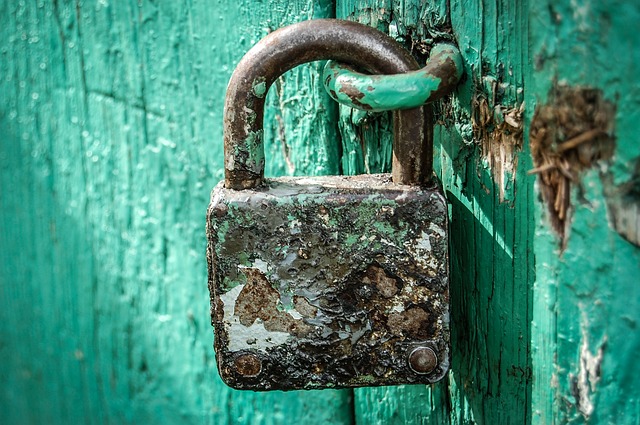- Calls to this hotline are currently being directed to Within Health, Fay or Eating Disorder Solutions
- Representatives are standing by 24/7 to help answer your questions
- All calls are confidential and HIPAA compliant
- There is no obligation or cost to call
- Eating Disorder Hope does not receive any commissions or fees dependent upon which provider you select
- Additional treatment providers are located on our directory or samhsa.gov
Secrets, Eating Disorders & Family

Contributor: Kirsten Haglund, Community Relations Representative for Timberline Knolls and Founder and President of the Kirsten Haglund Foundation
An individual struggles with an eating disorder – an individual recovers. No one can do the work of recovery for anyone else. This is a fundamental part of healing. However, various factors contribute to creating an environment for an eating disorder to grow and thrive, including peer pressure, the media, involvement in sports or the arts, and family stressors.
For a long time in the field of eating disorder treatment, the family, and sometimes a particular parent, was “blamed” exclusively for the onset of a child’s eating disorder.
However, thanks to much progress in research and treatment, clinicians and patients alike recognize that there’s a lot more to it than that.
The Complexities of Family Dynamics
Families are complex systems. Unique dynamics, personalities and histories affect each individual in a family in a different way, in different timing, so no “one” thing can be “blamed” for the development of an eating disorder.
That being said, understanding family dynamics, and including as many members of the family as possible in the recovery process is incredibly healing, not only for the person struggling, but for each loved one involved in the family unit.
How Therapy Helps the Whole Family
An individual working to recover from an eating disorder can be greatly supported when their parents, siblings, spouse, or other family members also commit to going to therapy, either by themselves or with the individual. Why? Because eating disorders do not exist in a vacuum.
Including various members of the family in the treatment process starts opening the doors of communication, which is important because eating disorders feed on isolation and silence.
How Secrets Become Painful
 Eating disorders also feed on secrets – which include trauma, abuse, addiction, unmet or unrealistic expectations, and other painful wounds or struggles. Poor communication about such struggles can be lurking behind many broken relationships within a family.
Eating disorders also feed on secrets – which include trauma, abuse, addiction, unmet or unrealistic expectations, and other painful wounds or struggles. Poor communication about such struggles can be lurking behind many broken relationships within a family.
While there can be immense shame, fear, or anger surrounding the potential of uncovering some of these secrets… it is so necessary for recovery. Not only for the individual suffering from an eating disorder, but for the rest of the family, too.
Secrets Hurt, not Protect, the Family
The bottom line is secrets can be deadly. Even if pain or past struggles are withheld from a loved one, with the intention of “protecting” the person, in reality, they are not.
Because secret struggles, even if not talked about, still affect the heart and soul of a human being, and in turn affect their loved ones. No one struggles alone – each individual’s battles have a ripple effect on those around them.
That is why beginning to communicate and talk about some of the buried pain within a family is so important. Yes, it requires vulnerability. Yes, it should take place in a safe space, with a professional in the field of eating disorders. Yes, it takes time. But it is worth it.
Uncovering Secrets and Healing
 The last and most important thing for families working to uncover secrets and help their loved one heal, is to learn to listen well.
The last and most important thing for families working to uncover secrets and help their loved one heal, is to learn to listen well.
The goal of family therapy is not to “fix” other “defunct” members of the family. The goal of bringing secrets from darkness to light is not to condemn, but to support. The process of healing through communication comes through listening, more than talking, and through acceptance.
Unveiling the deep, dark places of the heart may be unpleasant and provoke strong emotions. But if family members can listen well to each other, rather than react, the outcome will be acceptance and love, rather than division.
It is when openness and acceptance within a family becomes the norm that eating disorder recovery can become a reality. An individual recovers, but they do so more wholly when alongside their built-in support team – their family.
Community Discussion – Share your thoughts here!
What are ways that you maintain inner strength and resolve when in stressful situations?
The opinions and views of our guest bloggers are shared to provide a broad perspective of eating disorders. These are not necessarily the views of Eating Disorder Hope, but an effort to offer discussion of various issues by different concerned individuals.
Last reviewed: By Jacquelyn Ekern, MS, LPC on November 26th, 2014. Published on EatingDisorderHope.com

The EatingDisorderHope.com editorial team comprises experienced writers, editors, and medical reviewers specializing in eating disorders, treatment, and mental and behavioral health.

